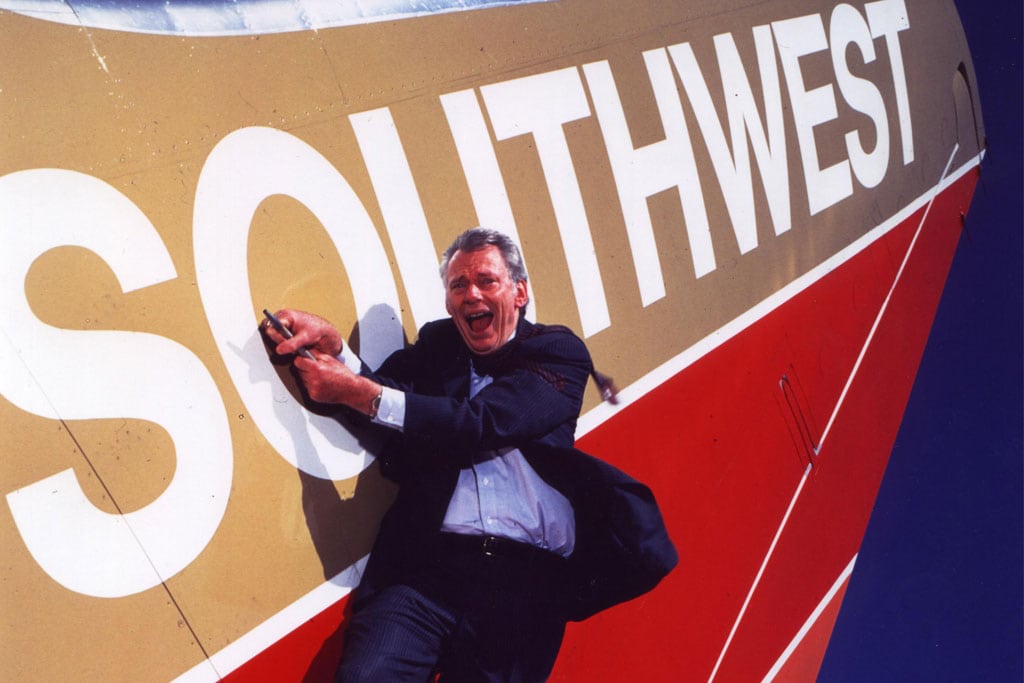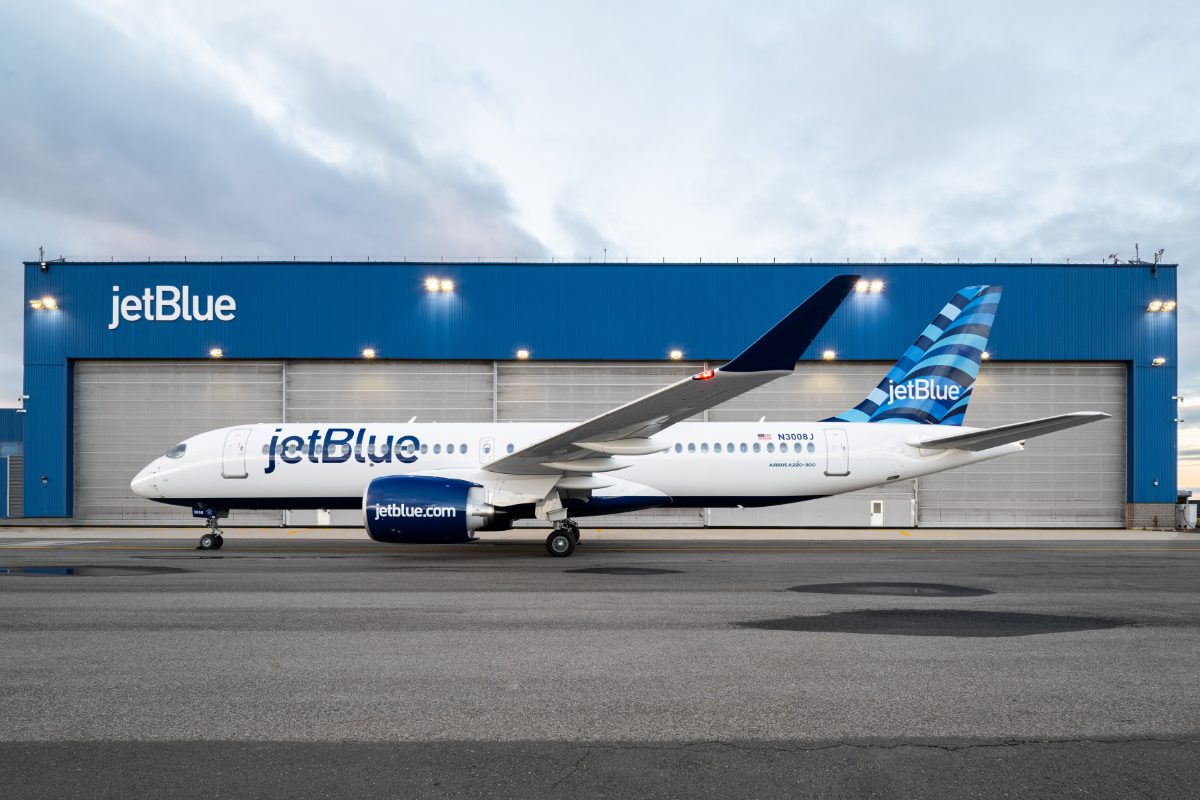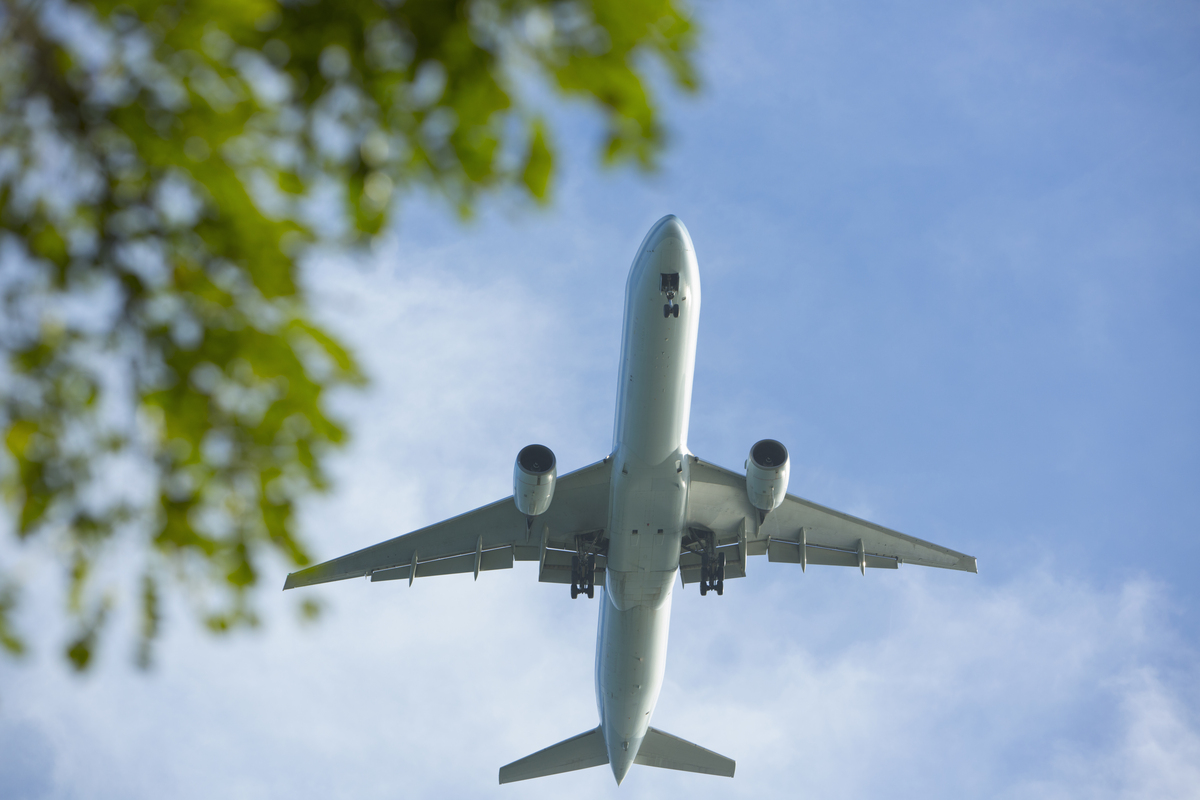Southwest Co-Founder Herb Kelleher Dies, Leaving a Legacy That Changed Airlines Forever

Skift Take
Herb Kelleher, the Southwest Airlines co-founder and former CEO who sketched the idea for what would become the world's most influential low-cost-carrier on a napkin in a San Antonio restaurant more than 50 years ago, has died. He was 87.
"Today, we've lost our beloved friend Herb," Southwest CEO Gary Kelly said Thursday in a video message. "Herb loved people. He loved life, and without a doubt he loved Southwest Airlines."
In the history of aviation, few have changed travel as much as Kelleher, a lawyer who invented a new kind of airline, the short-haul, low-cost-carrier. At a time when U.S. airlines were heavily regulated, with high fares, Kelleher realized passengers would jump at lower prices, with few frills, if given the chance.
The operation started humbly in 1971, with just four airplanes serving three Texas cities. Out of necessity, Kelleher learned to how to cut costs where ever he could, turning airplanes as quickly as 10 minutes, while cutting back on extras like snacks. When other airlines served full meals, Southwest handed out peanuts.
Along the way, Kelleher liked to have fun too, a major reason his employees liked him so much. He emerged as a beloved master marketer, never taking himself too seriously, often dressing in costumes or even singing rap songs to promote his airline.
“We were a bit of a disruptor,” Linda Rutherford, Southwest's chief communications officer and a 25-year company veteran, told Skift last year. “Travel was really reserved for the elite few; it was really expensive; it was something that was largely arranged by travel agents. We took that model and turned it upside down.”
By 1978, the United States deregulated its airline industry, and Southwest was free to expand wherever it wanted. In the early years, it mostly focused on secondary airports, such as Chicago Midway and Dallas Love Field, away from major competitors, but later it began to expand at larger airports, including New York LaGuardia and Washington Reagan.
Southwest is now the largest U.S. domestic airline and the third largest airline in the United States by passengers carried. Many airlines worldwide have copied all or part of its model, from Ryanair in Europe to JetBlue and Alaska Airlines in the United States.
"It’s a sad day in the airline business," Marty St. George, JetBlue's executive vice president for commercial, said Thursday in a message on LinkedIn. "If they have an airline executive Mount Rushmore, there’s no question that Herb would be front and center."
How it Came to Be
Almost five decades after its first flight, Southwest employees love to tell the story about how the airline got its start.
It was 1966, and Kelleher and a partner wrote their plans on a napkin. The airline, they said, would fly short-hops among three Texas cities — Houston, Dallas and San Antonio.
By 1971, a year after the first flight, the airline was in financial trouble, and it was forced to sell one of its planes, National Public Radio reported in 2015. But the airline didn't want to stop flying any routes, so it simply became more efficient, turning aircraft in as little as 10 minutes.
"It is interesting that all these years later, they retain what they had from the beginning: Y'all get on as fast as you can, and we'll get up and leave," Terry Maxon, a former reporter at the Dallas Morning News, told NPR.
A lot of that is because of Kelleher, who began as the airline's general counsel, and became president and CEO in 1981. As they grow their airlines, many founders want to push their companies away from what had always worked. They seek to add bigger airplanes, or add first class, or fly to Paris or Tokyo.
But to this day, Southwest has stuck with what has always worked. It still flies only Boeing 737s — the same airplane as always — with an all-economy class configuration. And while its costs have grown over time — in part because labor wanted its slice of the profits — it still retains the essence of what it always was, including its focus on customer service. Southwest, for example, does not charge fees for the first two checked bags, with Kelly, who joined the airline in 1986, fearing it would alienate customers.
Southwest's consistency has helped it win more than its share of loyalists, who seek out the airline's flights, even though it is still not listed on any third-party websites. If passengers want to book on Southwest, they must go to the airline's website.
“They see themselves as a sort of egalitarian product,” Seth Kaplan, managing partner of Skift Airline Weekly, said last year. “Nobody waxes poetic or gets teary-eyed about Spirit or United. People do for Southwest.”
Esprit de Corps of the Airline
Kelleher hadn't been involved involved in day-to-day operations at the airline since 2001, when he stepped down as CEO, and he retired as chairman in 2008, taking the title as chairman emeritus.
But even in the background, he loomed large, showing up to company functions to rally employees. Workers loved him for what he created out of nothing, and they were loyal to him.
It helped that he had a larger-than-life personality. He enjoyed Wild Turkey whiskey, chain smoking, and telling stories about the airline industry.
In a 2015 feature story, the Dallas Morning News noted he was still a major hit with employees, with Maxon noting he "seems unable to walk through Southwest offices, airport ramps or along the terminal gates without schmoozing."
In a statement on Thursday on its website, Southwest called him "bedrock" and "esprit de corps" of the airline.
"He was everyone's best friend," Kelly said. "When you were having a conversation with Herb, he made you feel like you were the most important person in the world. There was nowhere else that he would rather be."
Read More From Skift on Kelleher and Southwest
Original Disruptor Southwest Airlines Survives on Ruthless Business Savvy
Southwest CEO on How a Maturing Airline Can Keep Its Mojo




